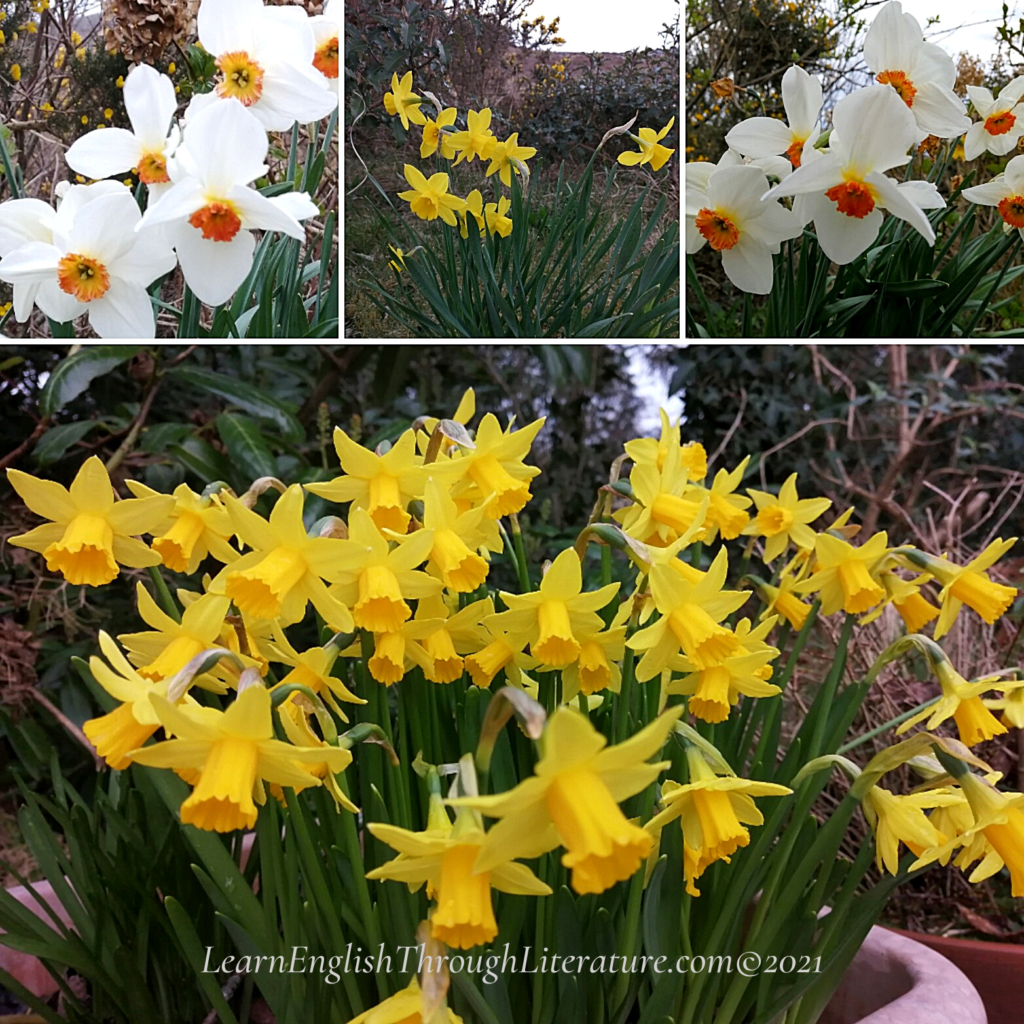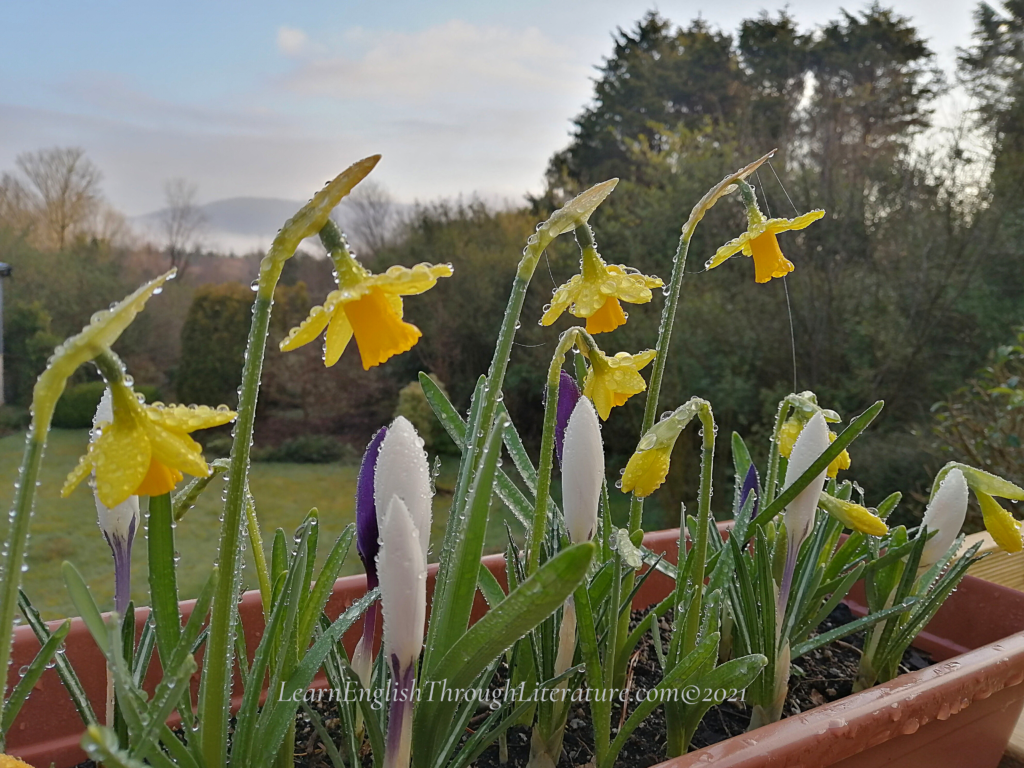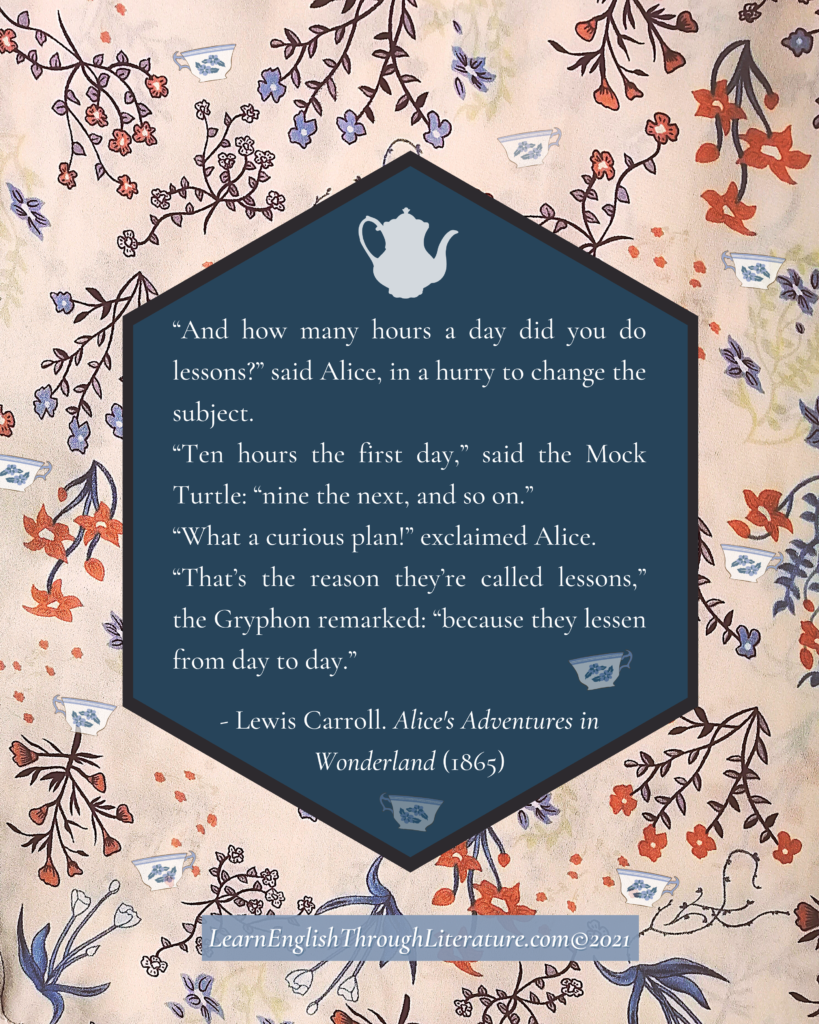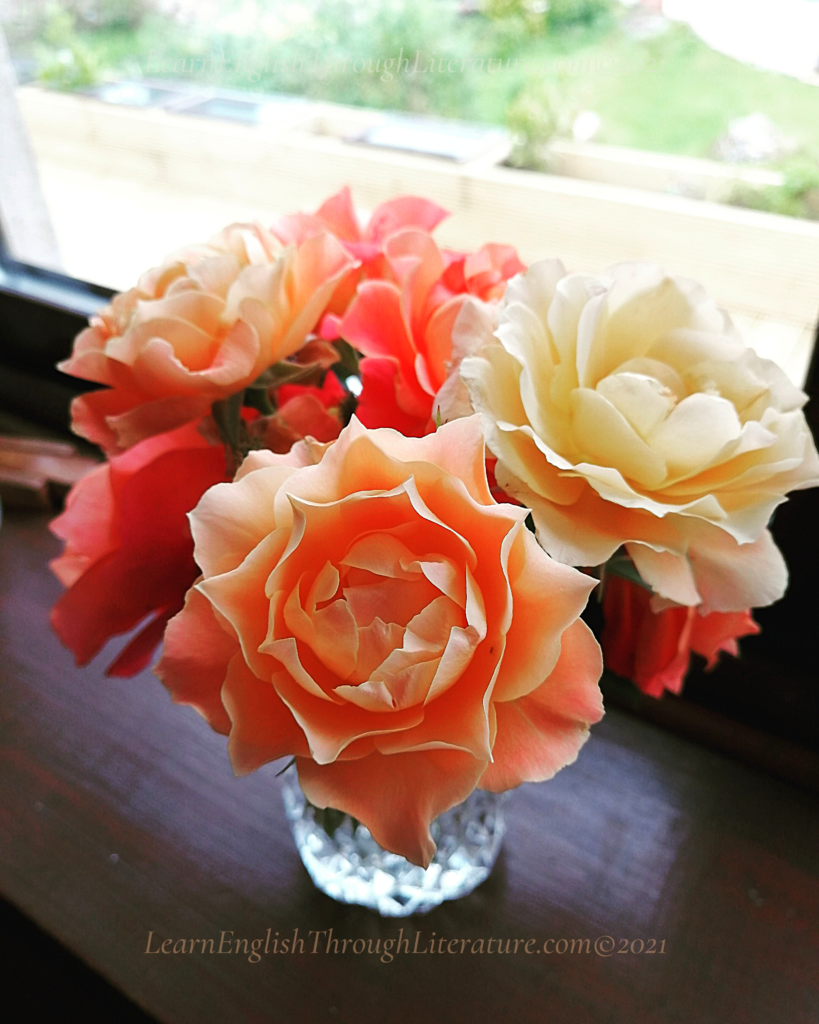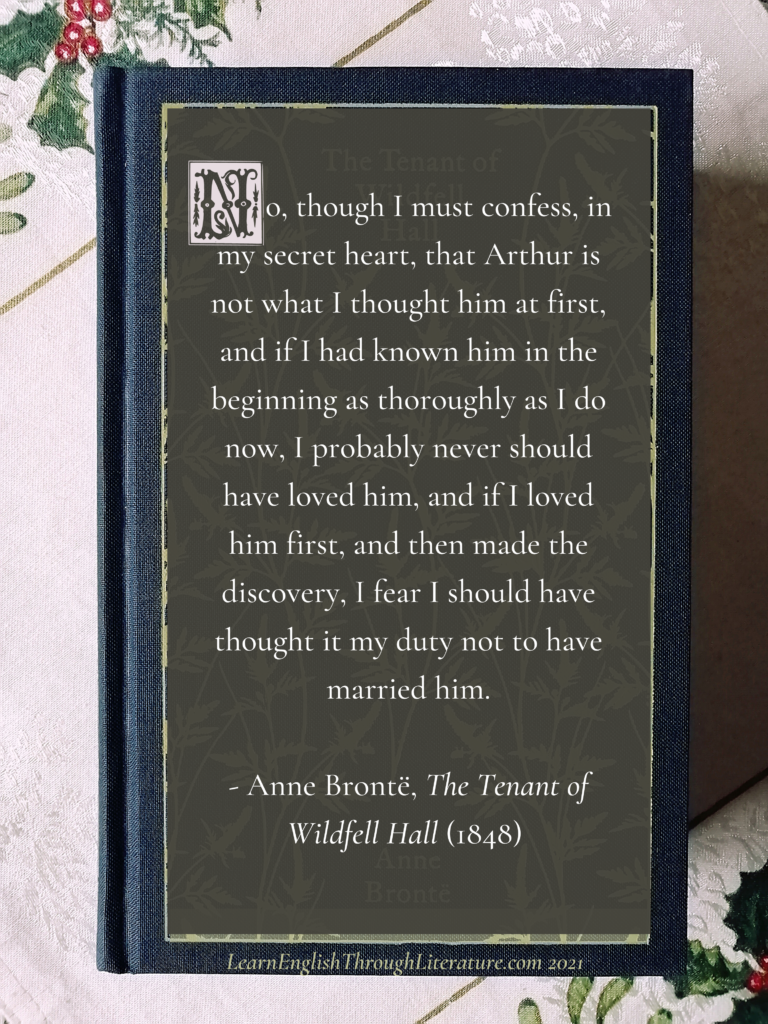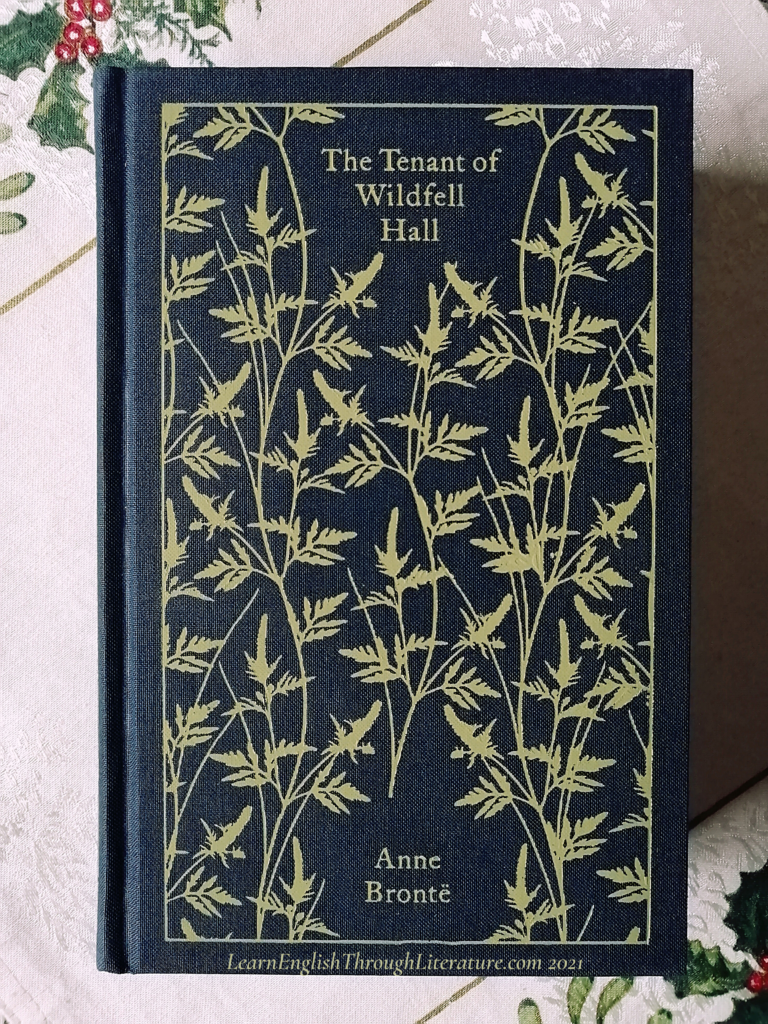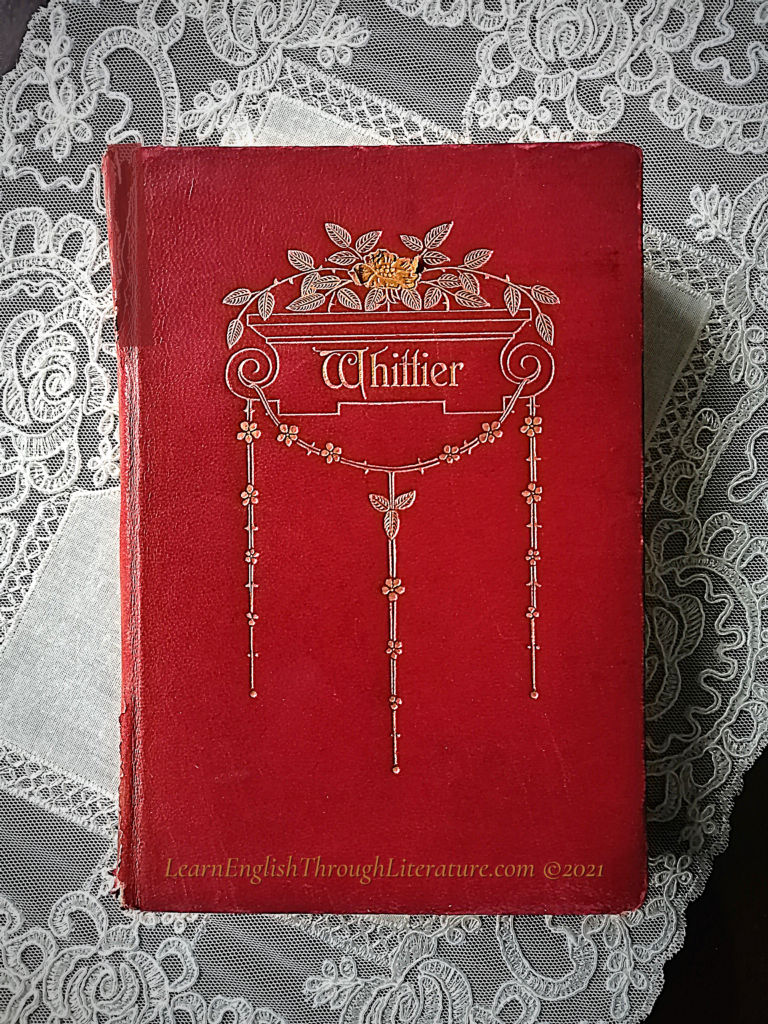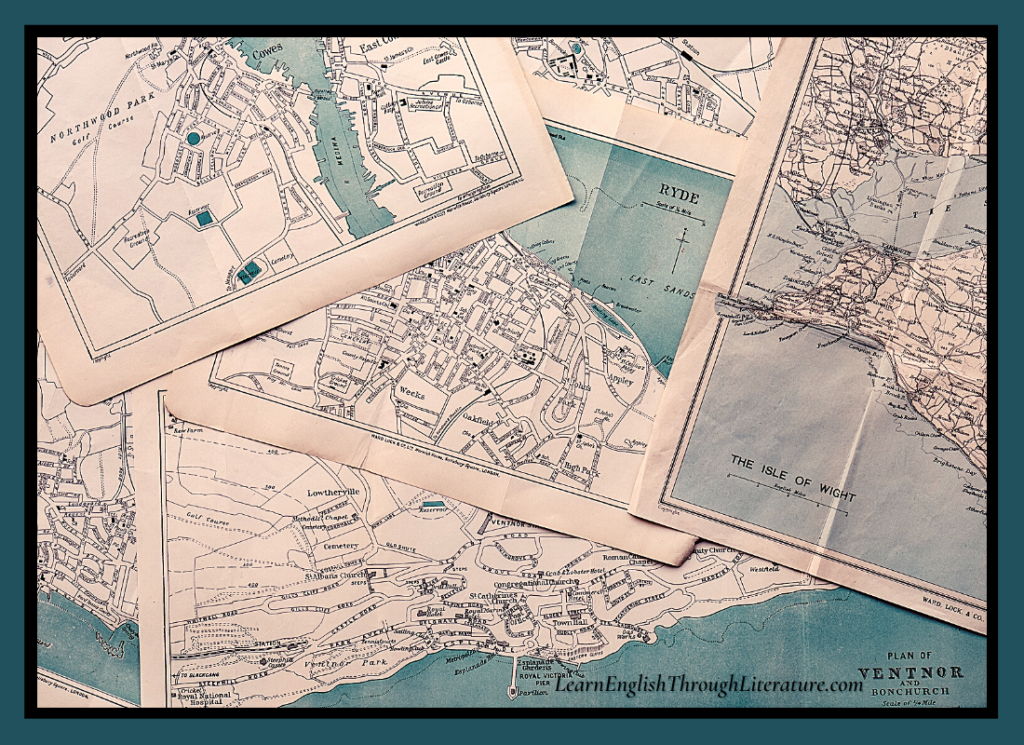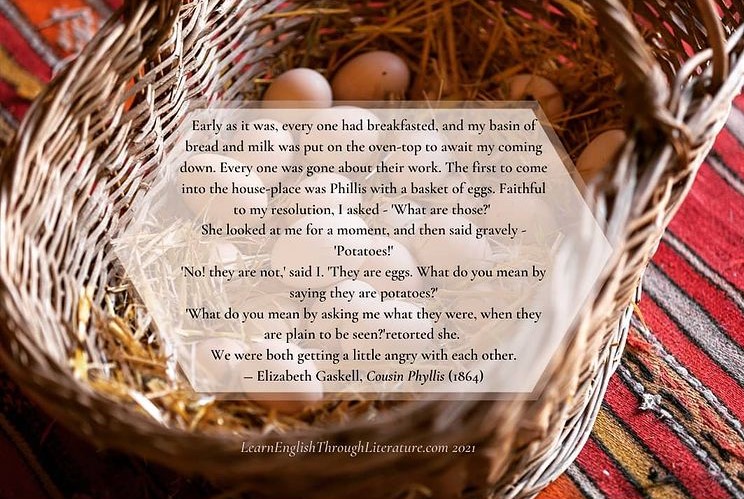Lesson #204: Considering Coleridge’s poem ‘Desire’ from 3 different perspectives
📜 Where true Love burns Desire is Love’s pure flame; It is the reflex of our earthly frame, That takes its meaning from the nobler part, And but translates the language of the heart. – Samuel Taylor Coleridge This very short but thoughtful poem is our text for today’s poetry-based Lesson (you may have noticed […]
Lesson #204: Considering Coleridge’s poem ‘Desire’ from 3 different perspectives Read More »


